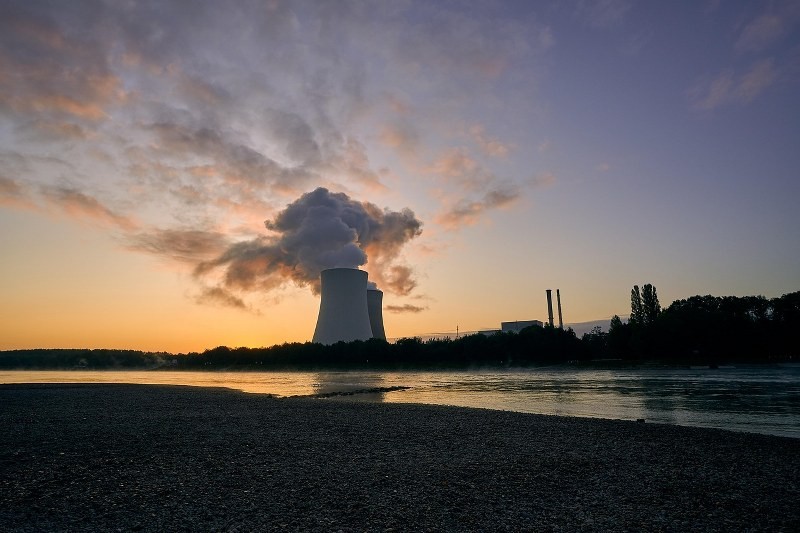
India-US nuclear deal sees breakthrough after two decades with US approval for reactor technology transfer
New Delhi: Nearly two decades after its signing, the India-US civil nuclear deal has taken a major step forward.
According to The Indian Express, the United States has granted Holtec International regulatory approval to design and build nuclear reactors in India.
The US Department of Energy (DoE) cleared the deal on March 26, marking the first step in unlocking the commercial potential of the 2008 agreement between the two nations.
Approval details and restrictions
Holtec has been authorised to share its Small Modular Reactor (SMR) technology with three Indian firms—Holtec Asia, Larsen & Toubro Ltd, and Tata Consulting Engineers Ltd—under the restrictive US regulation “10CFR810”.
The approval is valid for ten years, with a review scheduled every five years.
However, the US has not extended technology transfer to key Indian government agencies like the Nuclear Power Corporation of India Limited (NPCIL), Atomic Energy Regulatory Board (AERB), and NTPC Ltd, as India has not yet provided non-proliferation assurances for them. Holtec may apply later to include these state-run entities.
US conditions on technology transfer
The US has imposed strict conditions, stating that the transferred technology cannot be shared further without prior approval and must be used solely for peaceful purposes under international safeguards.
Holtec is required to submit quarterly reports to the DoE detailing the specifics of the technology transfer.
Progress after years of delays
This approval marks a breakthrough after years of legal and policy roadblocks following the 2007 123 Agreement between India and the US.
Foreign investments in India’s nuclear sector were previously deterred by legal challenges, particularly the Civil Liability for Nuclear Damage Act and concerns over supplier liability.
Holtec's role in India's nuclear expansion
Founded by Indian-American Kris P. Singh, Holtec has facilities in Gujarat and Pune.
The company has indicated that it may expand its workforce in India if full-scale production begins, marking a significant step in realising the potential of the India-US nuclear partnership.
Support Our Journalism
We cannot do without you.. your contribution supports unbiased journalism
IBNS is not driven by any ism- not wokeism, not racism, not skewed secularism, not hyper right-wing or left liberal ideals, nor by any hardline religious beliefs or hyper nationalism. We want to serve you good old objective news, as they are. We do not judge or preach. We let people decide for themselves. We only try to present factual and well-sourced news.







